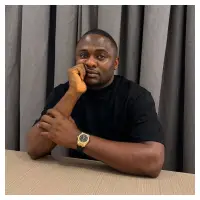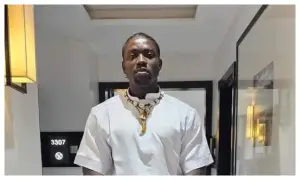Nigerian singer Timaya has stated that breaking into the music industry is significantly easier for upcoming artists today compared to when he started his career in the 2000s.
Speaking on a recent episode of the Afrobeats Intelligence podcast hosted by Joey Akan, the 'Egberi Papa' highlighted how technological advancements and social media platforms have revolutionized the music industry landscape.
Technology Changing The Game
"Making music is easier for the new crop of musicians than in my time. Ahn ahn, before how do you want to blow? It's only one person that has all the control," Timaya explained during the interview.
The veteran artist recalled the challenges he faced with music distribution and rights, citing his collaboration with Flavour on 'Odeshi' as an example. "We got to realise that it was Premier Music that has the catalogue. We wanted to do 'Can I Have A Dance?', who did we contact? Premier. We paid again."
In contrast, he noted how accessible music production has become: "But right now, your father or your mother can just buy you studio equipment, you do one bad song. You can even just register yourself. One TikTok song and you are made. All you need is data."
The Old Versus New Era
Timaya highlighted the stark differences in music promotion between his era and today's digital age. "Back then, before dem go play your song sef for radio station enh! Ahhh! It was difficult. Now you are uploading a song. It's very very fast to blow now. You can just be in your house and be shouting."
Despite acknowledging the benefits of the current system, the singer admitted he sometimes struggles with the social media demands of today's music business. "I also like it. But because I didn't start like that, it's difficult for me. It's stressful posting. Sometimes, I think I don't have to. But it's the business, I got to."
Timaya's insights offer a valuable perspective on the evolution of Nigeria's music industry, highlighting how technological democratization has lowered barriers to entry while creating new challenges for established artists adapting to the digital landscape.













